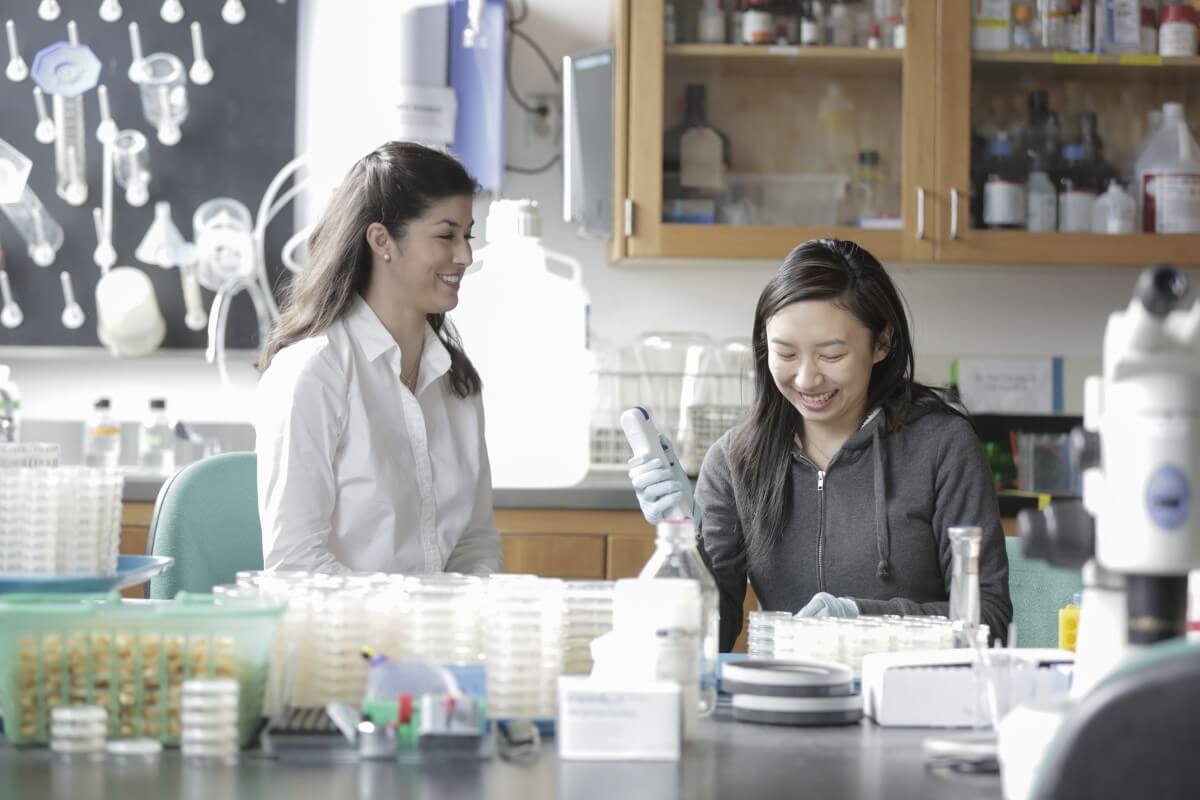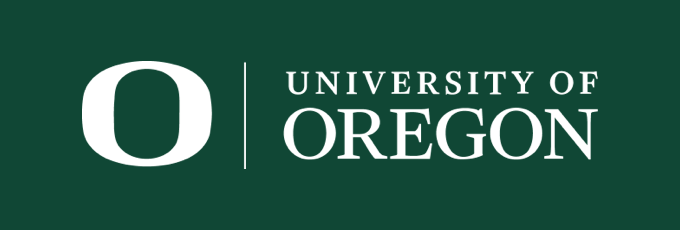Are you fascinated by the sciences? Do you want to be part of the solution to problems in human health and the environment? Science touches every aspect of life and as we dive further into the Fourth Industrial Revolution, skilled and flexible scientific talent is essential for the globalised economy.
The US Bureau of Labor Statistics projects that employment of life, physical and social science occupations will grow 10 percent from 2016 to 2026. It notes increasing demand for scientific expertise, particularly in occupations involved in biomedical research, psychology, energy management and environmental protection.
Whether your interest lies in biology, earth sciences, physiology, psychology or physical and computational sciences, the University of Oregon’s (UO) Division of Natural Sciences offers exceptionally strong science degrees. Based in the scenic Willamette Valley between the Cascade Mountains and the Pacific coast, this public research university is a member of the prestigious Association of American Universities, making it one of the 60 universities at the leading edge of innovation, scholarship and solutions that contribute to scientific progress, economic development, security and well-being.

A dominant grip on research
Among research-intensive universities, UO is known for involving students directly with faculty and research projects. This hands-on experience complements the classroom program of instruction; students have opportunities for undergraduate research fellowships, fieldwork and internships, working with teachers and mentors who are leaders in their fields.
For instance, some exciting areas of study by the research-active faculty include those by Karen Guillemin and Raghu Parthasarathy – biology and physics professors respectively – who are studying the gut microbiome alongside students. Their work has shed light on why cholera is so successful as an infectious disease, as well as new factors that influence the development of diabetes.
Meanwhile, UO’s Earth sciences expert David Sutherland and his students study glacial melting in fjords in Greenland and Alaska. They are measuring melt speed, striving to understand how it influences currents in the fjords and in the larger ocean system.
Human physiology professors Chris Minson and John Halliwill have discovered that heat can mimic the health effects of exercise. They’re working on understanding the size of this effect, why it works, and what the differences are between the effect of heat and exercise.
As students learn best by applying what’s learnt in the classroom, encouraging them to become involved in faculty research projects is one way to have students do this kind of work. These opportunities are not just for future researchers; they are also key ways for students to show future employers they can use their education productively.
Holistic science programs
Students who have a passion for human physiology and anatomy will find UO’s Human Physiology program ideal as it prepares them for careers in medicine, allied health professions and biomedical research.
 At the undergraduate level, future researchers, educators, physicians, physical therapists and other health care providers receive comprehensive, multidisciplinary training in the physical, biological and chemical sciences that prepares them well for entrance into most professional health care-related programs. The Human Physiology department also works with UO’s top-ranked athletic program. This experience can be a gateway to sports medicine, or to opportunities with sporting goods companies.
At the undergraduate level, future researchers, educators, physicians, physical therapists and other health care providers receive comprehensive, multidisciplinary training in the physical, biological and chemical sciences that prepares them well for entrance into most professional health care-related programs. The Human Physiology department also works with UO’s top-ranked athletic program. This experience can be a gateway to sports medicine, or to opportunities with sporting goods companies.
Human Physiology students examine the health sciences by exploring the functional and structural mechanisms underlying human movement, health and disease, using a variety of physiological methods ranging from biochemical and systems techniques through whole-body analysis. Faculty study problems across a wide array including human locomotion, cardiovascular function, pulmonary irregularities, neuroscience and systems relating to obesity.
Meanwhile, aspiring marine biologists will study at both UO’s Eugene campus and at the Oregon Institute of Marine Biology (OIMB), which offers convenient access to some of the most spectacular places to study marine organisms and ecosystems, supporting their educational and research goals. Marine biology majors receive the same solid background in modern biology (including cell biology, molecular biology, evolutionary biology, physiology and ecology) as a biology major, in addition to experiencing several terms of hands-on field-based learning in marine laboratories at OIMB.
Students often work on research projects involving estuarine ecology, crab fisheries, deep sea conditions and larval dispersion. Among other study abroad programs, OIMB offers a Tropical Marine Biology course in Panama, while there is a range of other study abroad programs available.
UO’s marine biology major prepares students to work in careers with the state and/or federal government, advanced training for research and teaching in the marine sciences and most other careers available to broadly trained biologists. Entry-level positions graduates go into include technician work with agencies, non-governmental organisations and environmental consulting companies, as well as various positions with education outreach facilities like aquariums and marine science centers.
Students with interest across a range of areas may be interested in majoring in environmental studies or environmental science. The Environmental Science program provides students with a foundation in the natural sciences, ecology, environmental restoration and change, while the Environmental Studies major focuses on the social sciences, policy studies, environmental design and the humanities.
 Some of the careers graduates can expect to branch into include those in the non-profit sector, government agencies, environmental planning, sustainability advising, green business, environmental education, environmental journalism and related areas. Many of their alumni continue to pursue degrees in environmental law or graduate degrees in environment-related fields.
Some of the careers graduates can expect to branch into include those in the non-profit sector, government agencies, environmental planning, sustainability advising, green business, environmental education, environmental journalism and related areas. Many of their alumni continue to pursue degrees in environmental law or graduate degrees in environment-related fields.
All-encompassing
There’s no doubt that UO offers prospective science students a wealth of opportunities for their personal and professional development. The Natural Science departments are committed to creating and disseminating new knowledge in their fields by combining research and teaching, flanked by a strong faculty who are fellows of many learned societies and academies. Besides the programs highlighted, there are top-ranked programs in biology, chemistry, computer science, Earth sciences, mathematics, physics and psychology.
So, if you’re looking to form part of the next generation of scientists pushing the boundaries of human knowledge, UO might just be the perfect place to kickstart your journey.
Follow the University of Oregon on Facebook, Twitter, Instagram and YouTube
Liked this? Then you’ll love…
Education, discovery and innovation in the Pacific Northwest
Advance in the field of AgriSciences with Stellenbosch University











